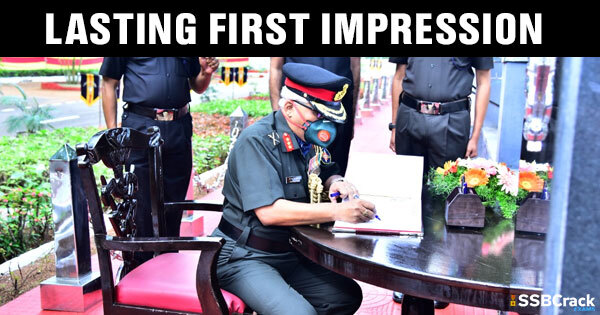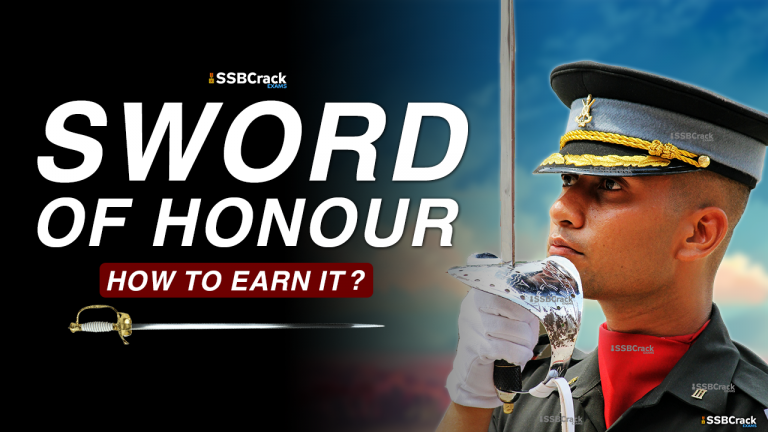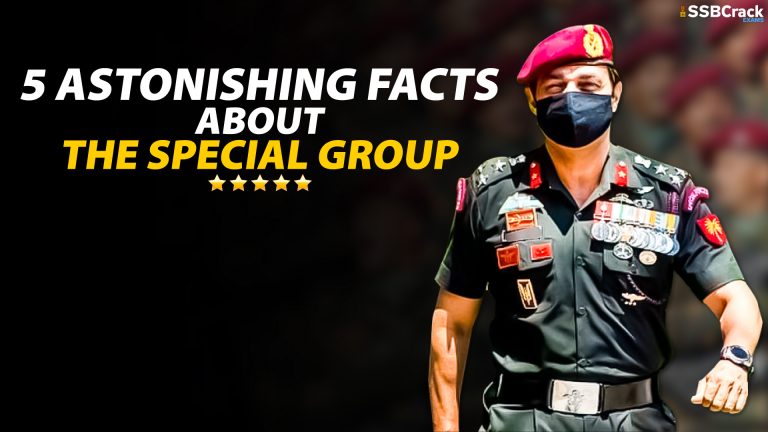In psychology, a first impression is an event when one person first encounters another person and forms a mental image of that person. Impression accuracy varies depending on the observer and the target (person, object, scene, etc.) being observed. First impressions are based on a wide range of characteristics: age, race, culture, language, gender, physical appearance, accent, posture, voice, number of people present, and time allowed to process. The first impressions individuals give to others could greatly influence how they are treated and viewed in many contexts of everyday life.
To get your dream job and to make a lasting and memorable first impression on your interviewer, the following are the 12 Be’s that you can use during the interview process.
- Be prepared: When you go for an interview to a company, the first thing you want to do is to be prepared. Get all the necessary information about the company, how they work, what is their core competency, what is their mission and vision. It will save the time of having them explain to you all these things. It is also expected out of you that you are aware of the company in and out since you are applying for a job there.
- Be personal: You need to work on your personality characteristics and let your personality speak for itself. Make it easy for your prospective employee to like you. Your body language here plays an important role. Do not let the interview experience be overwhelming. Let your personality do the magic and exhibit your desirable traits.
- Be interesting: This is easier said than done. Imagine this- you are an interviewer and in a day you interview dozens of candidates. It is a tedious task, right? Well, your interviewer does this task and so you have to think from his point of view. The decision of whether to hire someone or not depends, to a large extent, on the ability of the candidate to show and to be different from the others. Give that information about you which sets you apart from the crowd and makes it easier for the interviewer to remember you.
- Be attentive: A common blunder done by most of the candidates is their impatience to answer prematurely to questions and their inability to listen. Being an effective listener is a highly desirable quality and it is essential that you start inculcating it. Be attentive to what the other person is saying and respond accordingly. Also, pay attention to your interviewer’s body language and sense whether they are interested in what you are saying or not, and direct your points based on those signs and signals.
- Be bold: If you have something to say then say it. Look for the opportunity of course, or better yet create it for yourself. Boldness is a quality that most employers look for in candidates. People who are willing to take risks and do things in a new and innovative way are always desired. Present your ideas and don’t wait for others to extract that information out of you, but be careful not to come across as impolite and impulsive. Be tactful in doing so.
- Be focused– Eye contact is a must. Maintaining proper eye contact with your interviewers helps in better communication. You come across as a confident, strong and a focused individual. However, do not go on staring at the interviewers, it gets creepy after a while! You may look away for a while-while thinking of the answer to the question that’s just been asked.
- Be committed: You are there, sitting in front of the panel of interviewers, for a reason. Be committed to show them that you are the best candidate for the job. Take a pause after you’ve just completed saying something. It gives an impact to your message and lets others think and process what you’ve just said. Handle stress questions with tact and grace. Do not blow your own mistakes out of proportion.
- Be confident– It is highly essential that you believe in yourself. Believe that you are worth spending time and effort on, believe that you have something to offer that is of substantial value. If you believe it, others will too. Be confident and sure of yourself.
- Be in the moment: Being in the moment refers to really being present in that physical setting mentally. Be aware of what is happening around you, what is being said, what is being asked, how you will answer the next question, and how much time do you have to convey your point. Knowing all these things makes you better prepared, effective listener and overall boosts your performance.
- Be professional: Being professional, though seems quite natural and obvious, isn’t often seen in most of the candidates. It further includes two things- Being nice and Being early. Be early for your interview, being on time is average. Show them that you are serious about your work and that you are committed. Be nice to all those present at the office, always assume that you are under observation and besides, being nice never hurt anybody!
- Be clear– What is your main objective of coming for the interview? Is it just to gain experience of the interview process? Do you really want the job? Are you there to fulfil someone else’s whims and fancies? Whatever the reason maybe, be very clear in your mind as to why you are there and don’t let anything distract you.
- Be flexible: Whenever you are presenting your ideas and views, it is highly possible that the person on the opposite side of the table may have some of his own points and may voice them. Flexibility in such scenarios is highly important because it shows others that you are comfortable with working in situations that don’t suit you or are different from your ideology. Being able to incorporate others’ ideas shows such qualities.







